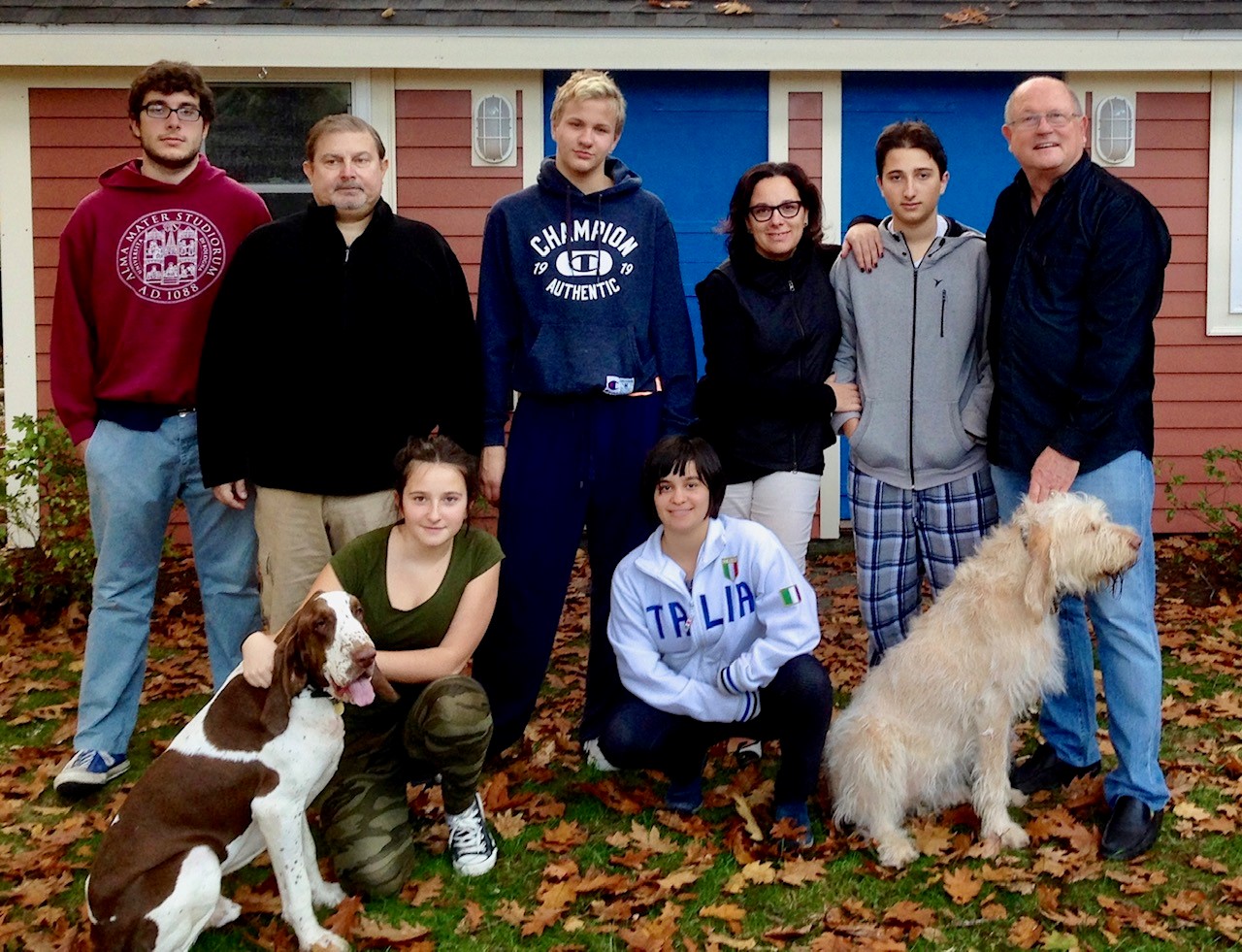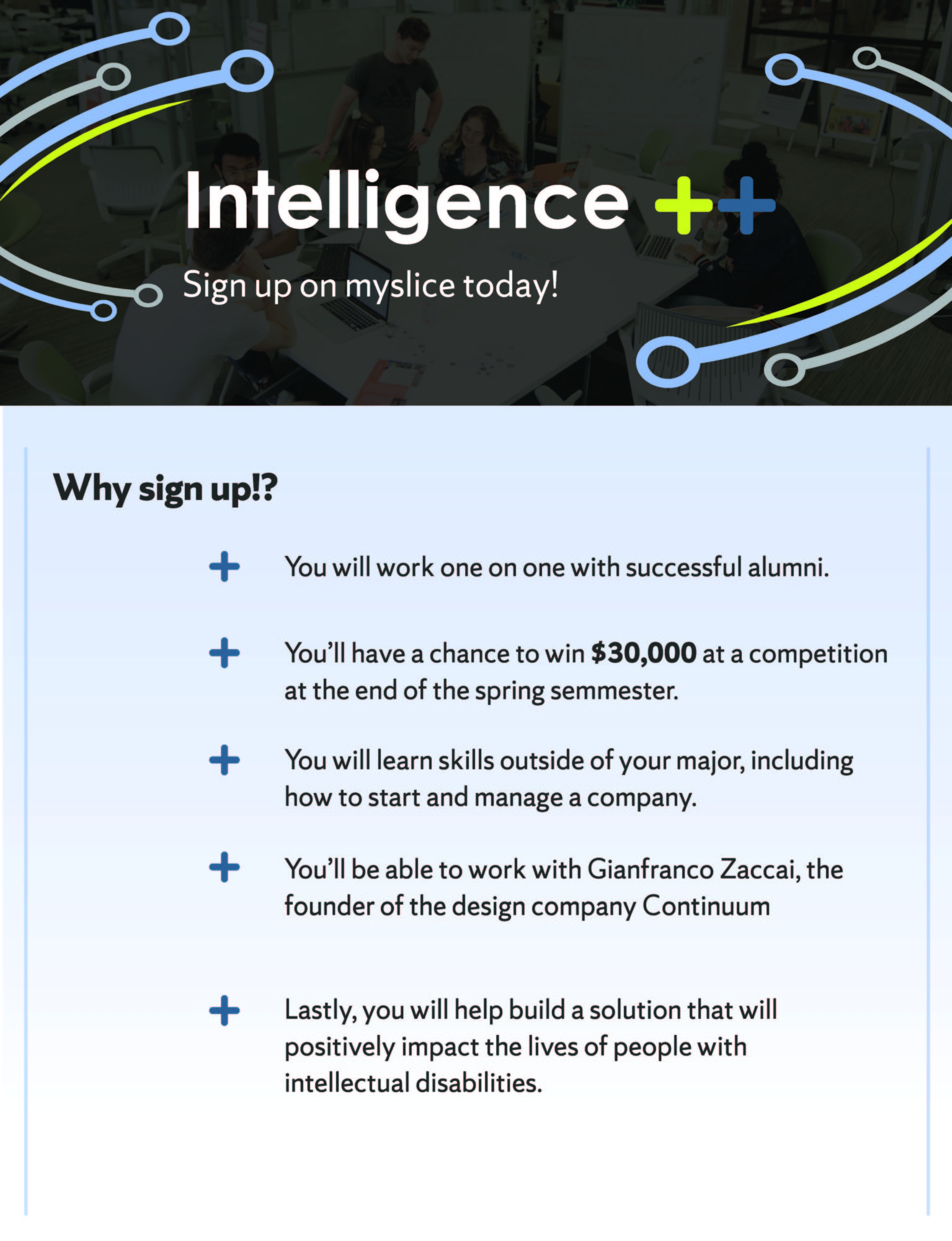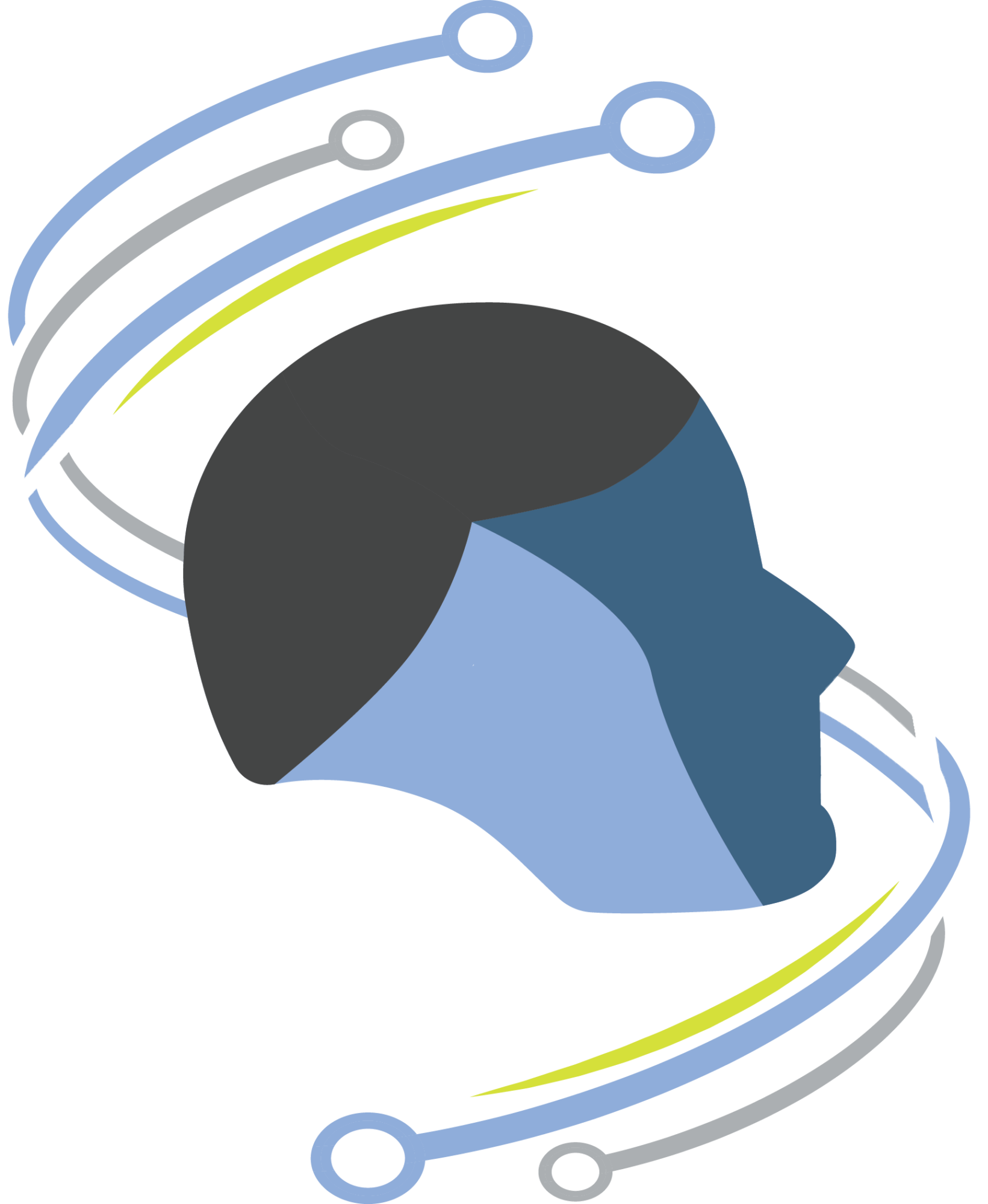
An innovative, interdisciplinary program focused on inclusive entrepreneurship and design is being offered for the 2020-21 academic year in a partnership of the Blackstone LaunchPad powered by Techstars (LaunchPad) at Syracuse University Libraries, the Taishoff Center for Inclusive Higher Education (InclusiveU) and the College of Visual and Performing Arts (VPA) through a generous donation by Gianfranco Zaccai ’70 H’09 and the Zaccai Foundation for Augmented Intelligence (Intelligence++). The program will provide new courses open for fall enrollment and will culminate in a design and entrepreneurship competition with $30,000 in prizes.

The inclusive entrepreneurship and design course, DES 400-600, is taught by Don Carr, professor in VPA’s School of Design, with support from Beth Myers, assistant professor of inclusive education in the School of Education and executive director of the Taishoff Center, and Linda Dickerson-Hartsock, adjunct faculty member in the Whitman School and executive director of the LaunchPad.
With an emphasis on interdisciplinary and collaborative innovation, the two-semester program is available as an elective to both undergraduate and graduate students from any school or college at Syracuse University, including students with intellectual disability from InclusiveU. It will be taught in the LaunchPad at Bird Library.
“The Libraries is a central hub for the campus community, providing the environment to utilize research and create new information,” says David Seaman, dean of Syracuse University Libraries and University librarian. “Hosting this program at the LaunchPad will not only infuse innovative thinking but will provide the tools and resources to bring great ideas to fruition and market.”
This flagship program is made possible through the support of the Zaccai Foundation for Augmented Intelligence, founded by Gianfranco Zaccai. The Zaccai Foundation seeks to develop, stimulate and leverage technological, educational and organizational innovation to enable and empower individuals with intellectual disability, their families and their communities to improve quality of life, enhance independence and productivity, lower cost and benefit society.
Zaccai, a renowned global innovator and designer, will serve as a mentor for the course. He was co-founder of Continuum, now EPAM Continuum, a global innovation by design consultancy with offices in Boston, Milan, Seoul and Shanghai.
Zaccai is a champion of holistic and interdisciplinary innovation research, design and development. His vision has resulted in many highly successful category-defining products, including the Reebok Pump, P&G’s Swiffer and the Omnipod Insulin Delivery System. For more than 35 years, Continuum has been recognized for outstanding innovation and design for projects spanning medical devices to consumer products.
Zaccai is former chair of the Design Management Institute and past president of the Aspen Conference. He holds degrees in industrial design from Syracuse University and architecture from the Boston Architectural College. Zaccai also previously served on the VPA Council and was conferred an honorary Doctor of Fine Arts in Industrial and Interaction Design by Syracuse University.
His wife, Carmencita Bua, was formerly head of operations at Continuum and is now CEO of Tenuta Donna Gilda a Meleto Social Farm, an organization that provides neurodivergent college students an abroad experience that enhances their educational opportunities, communications skills, curiosity and harmony among nature and family members with support from a therapeutic team of experts. The organization also offers a Gap Year Program for high school students who need extra time before approaching college life.
She is a graduate of the Scuola Superiore Sant’Anna Law School of Pisa, Italy.
The Syracuse program is especially important to the couple, as parents of a Whitman School student, Guglielmo Meriggi ’22, as well as parents of a young adult with an intellectual disability. “I am confident that this program will be revolutionary in stimulating brilliant students, educators, and researchers to deeply explore and meaningfully innovate a better future,” Zaccai says.
“We have an opportunity to blend in-context research, people-centered design, and the strengths and skills of diverse people and disciplines in a way that can change the world for the better for people of all abilities and talents,” he says. “That’s why we’re so excited to partner with Syracuse University—we see the potential that a cross-disciplinary, multi-dimensional, innovative approach can bring to our society, and we want to propel young people to be at the forefront of developing real-world solutions.”
Concepts developed throughout the course will be presented to a panel of experts in a culminating competition in spring 2021, with $30,000 in seed funding awarded to the most promising ideas for further development.
“By taking an inclusive design approach, we’re able to consider innovative ways to address a wide range of challenges and in doing so unlock the potential of numerous individuals,” Carr says. “Thanks to ADA [the Americans with Disabilities Act] legislation, there exists an awareness to create public spaces, services, transportation and telecommunications that are accessible. However, the exploration of design ideas that address Intellectual Disability [ID] offers a new set of affordances to move beyond compliance and envision ideas that embrace an ever-wider range of opportunities.”
The program was developed with the support of Quinn King ’20, founder of MedUX and a Rubin Family Innovation Mentor at the LaunchPad. King had a keen interest in working on the project as a student founder with a design company that focuses on user experience and because he has a close family member with an intellectual disability.
“To my knowledge, this is the only program that integrates students from various disciplines with students with intellectual disability into collaborative teams to problem solve design solutions,” says Myers. “Incorporating perspectives from all users and participants will most certainly result in an enhanced and sustainable user-focused experience.”
For more information about the program, contact Don Carr at dwcarr@syr.edu, Beth Myers at bemeyers@syr.edu or Linda Dickerson Hartsock at ldhart01@syr.edu.

Written for SU News by Cristina Hatem, Syracuse University Libraries Graphics by Quinn King ’20, VPA Industrial and Interaction Design